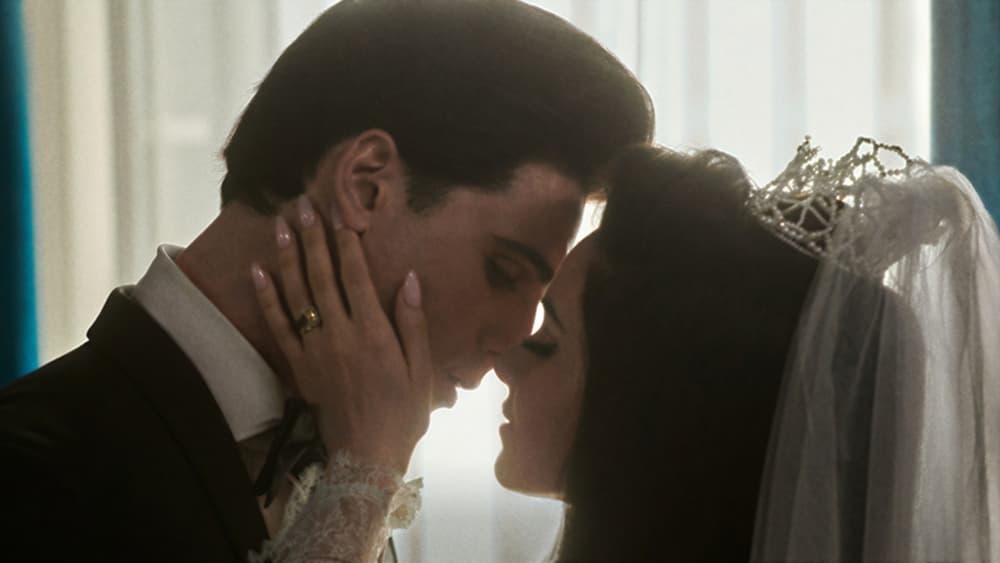The best Sofia Coppola films rely entirely on feeling. Even the more literary “The Virgin Suicides” finds its best sequences without narration, not driving the plot, and focusing on the relationship between music and intimacy. That last point distinguishes her new film “Priscilla” from the rest of her work, taking what has often been a stylistic choice and turning it into a major thematic piece of the film.
Coppola knows the allure that musicians and their art have. These artists create things that speak to our souls in ways we’ll likely never get from another person. As such, we feel we’ve already formed a deep and meaningful connection with them — something that would explain the weird parasocial relationships many fans have with their favorite artists online. The artists know the power they wield over their fans, and what they do with that power speaks to who they are at their core.
In “Priscilla,” Coppola doesn’t paint Elvis Presley as some cartoonish villain because we have to understand why Priscilla would both fall for and stay with a man like this — someone who groomed her when she was a teenager and used his wealth, fame, and art to keep her from leaving him. As objective viewers, we can tell how monstrous Elvis is, but Priscilla doesn’t see it that way. She wants to believe in him as a good man, one who loves her and only wants to cherish and care for her. She’s been trapped by the spell of celebrity.
Elvis doesn’t see her as a person, just a prize for being the most famous person alive. To Elvis, Priscilla is just another member of his entourage, someone he can use to help craft his image. When given the chance to dissuade tabloid rumors of love affairs with his co-stars, he keeps Priscilla hidden away. He wants to be in the public eye, but he also wants to be a family man — or at least feel like he’s a family man. Elvis’s family means nothing to him. It’s all about making him feel better about his decisions.
The inevitable comparisons to Baz Luhrmann’s “Elvis” from last year only strengthen arguments in favor of Coppola’s handling of this material. Jacob Elordi is magnificent as Elvis, not going for an evocation of the man but rather what he represents. It’s an incredible physical performance, Elordi’s enormous frame towering over Cailee Spaney, overwhelming her with his imposing size. Spaney has moments to hold her own as Priscilla, fighting back not just against her husband but the carefully crafted image of Elvis Presley. Spaney doesn’t get long monologues explaining to Elordi why what he’s doing is wrong, she has to show her pain through the way she carries herself and her facial expression. It’s a tough performance to pull off, needing to be subtle but not so subtle that it feels emotionless, and Spaney knocks it out of the park. The crass emptiness of Luhrmann’s epic biopic stands in stark contrast to the messy, complicated feelings Coppola’s film evokes. “Priscilla” stands as one of Sofia Coppola’s best films and an important criticism of celebrity culture, feeling empathy for fans who struggle to break away from toxic situations with those who create meaning for them and disdain for those who abuse their power.

